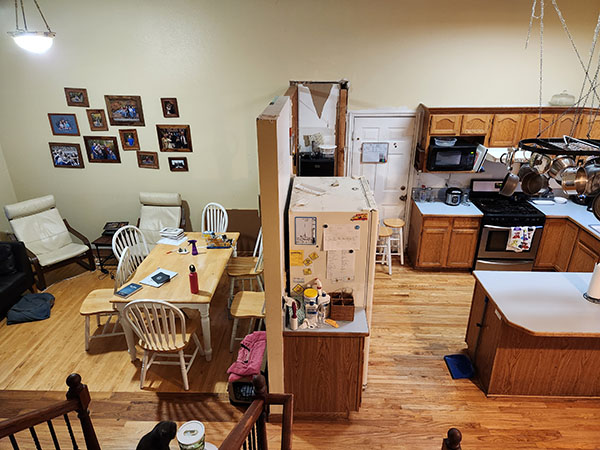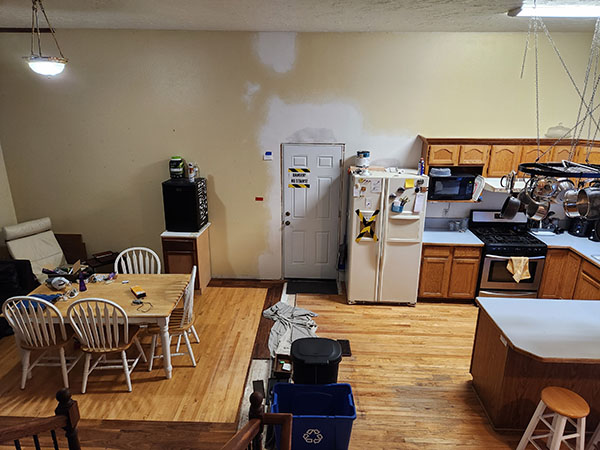This weekend I was part of a conversation where I was asked to give advice to people who are looking to form writing groups. I wasn’t completely happy with my on the spot thoughts, so, in the spirit of mentally re-hashing conversations and rehearsing what I wish I’d said instead, I’m going to write down my advice here.
Writing, whether for personal amusement or with the intent to build a career, can be a frustrating and lonely experience. To stay balanced and keep perspective, you really do need a writing community, and you need other people to look at your work to help you see the things you’ve been missing. Forming a critique group is one of the ways to meet those needs, but it is not the only one.
Before forming a group, or joining one, it is very useful to spend some time thinking about what you need in order to grow and thrive in your writing life.
Format: Some groups meet online, others in person, still others are hybrid. Some are talking based others are text based. Some have strict time keeping others more free flowing. Some are critique only, some are primarily social, some have guest lecturers. Each of these format options serve different purposes and you should pick the ones that best match the writing needs of the people in your group. Some writers need to feel close and safe with people before hearing critiques, others want a level of emotional distance from the other people in order to not take the critique personally.
Frequency: How often is your group going to meet? How often can people submit work for critique? Are there page/word count limits? Think about what is sustainable with the schedules of the people in the group. Once per week might be just right, or it might start causing problems with partners and other commitments.
Methodology: The critique group where the writer sits quietly while everyone else discusses their work may be a very common method, but it is far from the only one. Some methods are collaborative, some are discussion based. Some require everyone to bring pages and read aloud. Others require submission in advance. What is the agreed upon framework for offering and accepting critique.
Ground rules: what does your group consider out of bounds for your group both for discussion and for reading content? Does everyone need to take turns bringing snacks? Talking through in advance how things will work is key to having a smooth group.
Purpose: In some ways this one comes first up above when I told you to consider what you need from a group to thrive as a writer, but now I want you to give focus to that thought. What purpose does this group seek to serve in the lives of is members. Is your group purpose an exchange of critiques or is your group purpose emotional support for your writer journeys? The purpose of your group should affect all of the decisions about the group format, frequency, methodology, and rules. If your group purpose is “exchange of critiques” but your format has you meeting monthly with snacks and the first hour of each meeting is purely social, then you’ve mismatched purpose and format.
In a good group, you will get out of it way more than you put in, but you have to be willing to put energy in. You have to think about how you can contribute to keep the group running smoothly.
There are so many more things that can be said about writer’s groups. This is just a launching place to help people get started.

